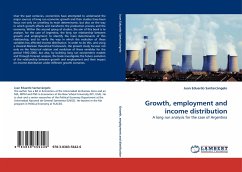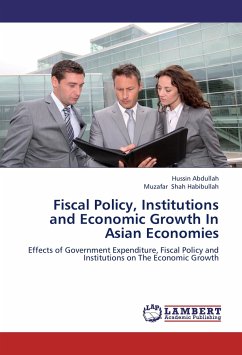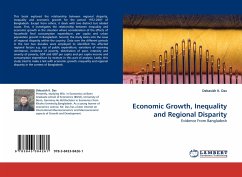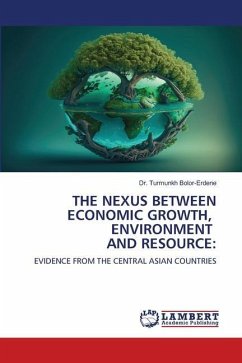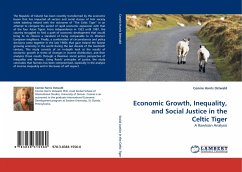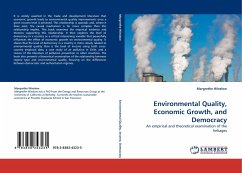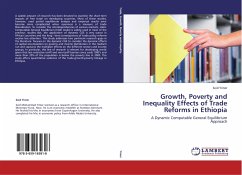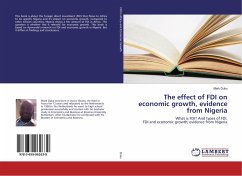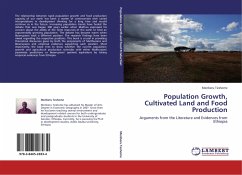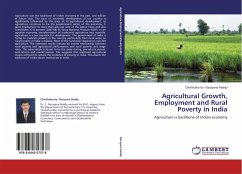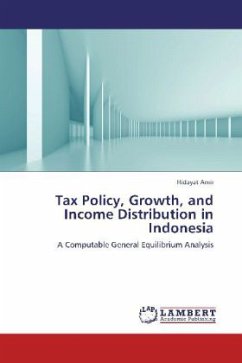
Tax Policy, Growth, and Income Distribution in Indonesia
A Computable General Equilibrium Analysis
Versandkostenfrei!
Versandfertig in 6-10 Tagen
52,99 €
inkl. MwSt.

PAYBACK Punkte
26 °P sammeln!
In 2008, the Indonesian parliament approved the government s proposal to amend the income tax laws. The essential amendments included adjusting the personal income tax rates and adopting a new single corporate income tax rate. These amendments are part of the tax reform that has implemented gradually since the early 2000s. The relationship between tax policy reforms and the economy is complex; in some cases, large scale tax reform can impact through the inter industry linkages simultaneously, making it difficult to explain the impacts on the economy theoretically. However, identifying the impo...
In 2008, the Indonesian parliament approved the government s proposal to amend the income tax laws. The essential amendments included adjusting the personal income tax rates and adopting a new single corporate income tax rate. These amendments are part of the tax reform that has implemented gradually since the early 2000s. The relationship between tax policy reforms and the economy is complex; in some cases, large scale tax reform can impact through the inter industry linkages simultaneously, making it difficult to explain the impacts on the economy theoretically. However, identifying the important relationships among these inter industry relationships may help to measure and evaluate the impacts on the economy. This study analyses impacts of the 2008 income tax policy reform within a computable general equilibrium framework to improve our understanding of how the Indonesia tax policies affect the country s economy, by examining the impact not only at a macro-level, such as economic growth and employment, but also at a micro level, such as poverty and income distribution. The findings provide important lessons to similar developing countries that are reforming their tax systems.



